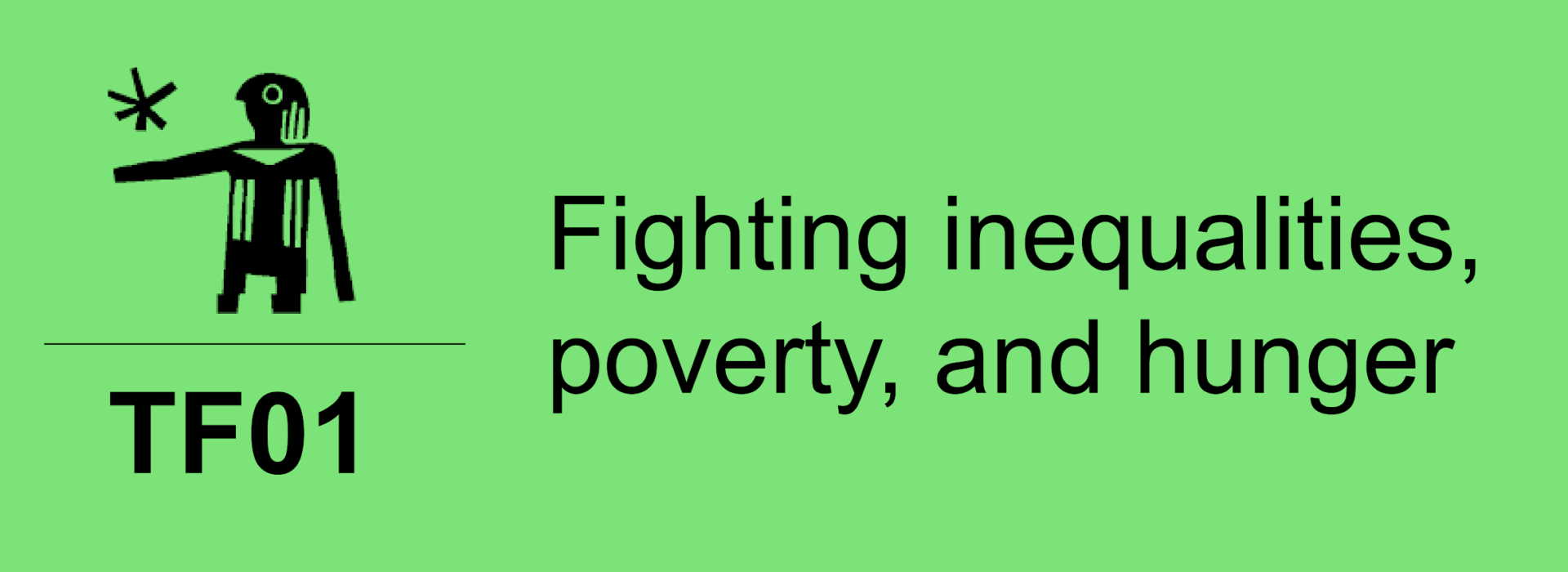Without women, global agriculture would collapse. Ecosystem and structural barriers impede women small-scale agripreneurs’ access to capital, assets, products, services, and information needed for agricultural production and other agribusinesses (Lecoutere, et al. 2023). Women are also more likely to be in precarious forms of employment, including unpaid family labour, informal sector or casual wage roles, and bear almost three times more household-related burdens. Social norms and structural barriers limiting the equitable economic participation of women in agrifood systems result in women and girls being disproportionately affected by the impacts of climate change, deepening their risk of food insecurity and worsening their income generation capacity. Existing laws and social norms alongside deeply entrenched customary, economic, and political structural barriers prevent women small-scale agripreneurs from being effectively represented in decision-making and leadership roles. This needs to change. Closing the gender gap in agriculture would add nearly USD 1 trillion to the global economy, and 45 million fewer people would be at risk of food insecurity (FAO 2023). It is not the lack of policy proposals but the mismatch between proposals and action that has hampered progress. This policy brief will examine the specific barriers to women agripreneurs’ participation in the agrifood sector. The paper recommends that the G20 adopts a mix of gender-responsive policy interventions: (i) capacity building initiatives for women agripreneurs to expand their access to information, finance, land, inputs, and assets to enhance productive, processing, and marketing capacity, (ii) creating a permanent representative Working Group that supports policies and actions for small-scale women agripreneurs, and (ii1) establishing a G20 Dashboard on gender equality outcomes that incorporates accountability mechanisms, reviews progress and proposes next steps to further invest in women in agrifood systems.
Register for Updates
Would you like to receive updates on the Global Solutions Initiative, upcoming events, G7 and G20-related developments and the future of multilateralism? Then subscribe here!
1 You hereby agree that the personal data provided may be used for the purpose of updates on the Global Solutions Initiative by the Global Solutions Initiative Foundation gemeinnützige GmbH. Your consent is revocable at any time (by e-mail to contact@global-solutions-initiative.org or to the contact data given in the imprint). The update is sent in accordance with the privacy policy and to advertise the Global Solutions Initiative’s own products and services.









